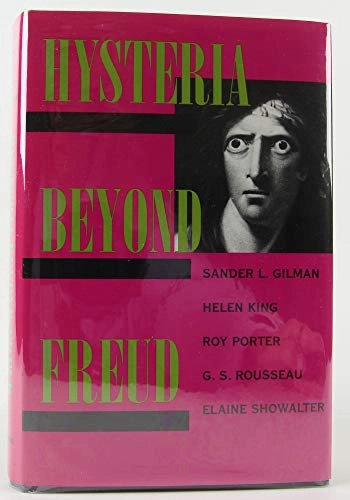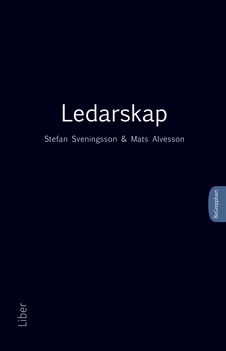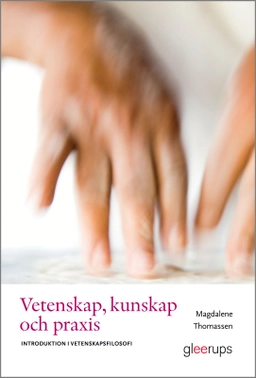

Hysteria Beyond FreudOnline access: California Digital Library UC Press E-Books Collection, 1982-2004
- Utgiven: 1993
- ISBN: 9780520080645
- Sidor: 478 st
- Förlag: University of California Press
- Språk: Engelska
Om boken
Åtkomstkoder och digitalt tilläggsmaterial garanteras inte med begagnade böcker
Mer om Hysteria Beyond FreudOnline access: California Digital Library UC Press E-Books Collection, 1982-2004 (1993)
1993 släpptes boken Hysteria Beyond FreudOnline access: California Digital Library UC Press E-Books Collection, 1982-2004 skriven av Sander Lawrence Gilman, Sander L. Gilman, Helen King, Roy Porter, G. S. Rousseau, Elaine Showalter. Den är skriven på engelska och består av 478 sidor. Förlaget bakom boken är University of California Press.
Köp boken Hysteria Beyond FreudOnline access: California Digital Library UC Press E-Books Collection, 1982-2004 på Studentapan och spara pengar.
Referera till Hysteria Beyond FreudOnline access: California Digital Library UC Press E-Books Collection, 1982-2004
Harvard
Oxford
APA
Vancouver



















